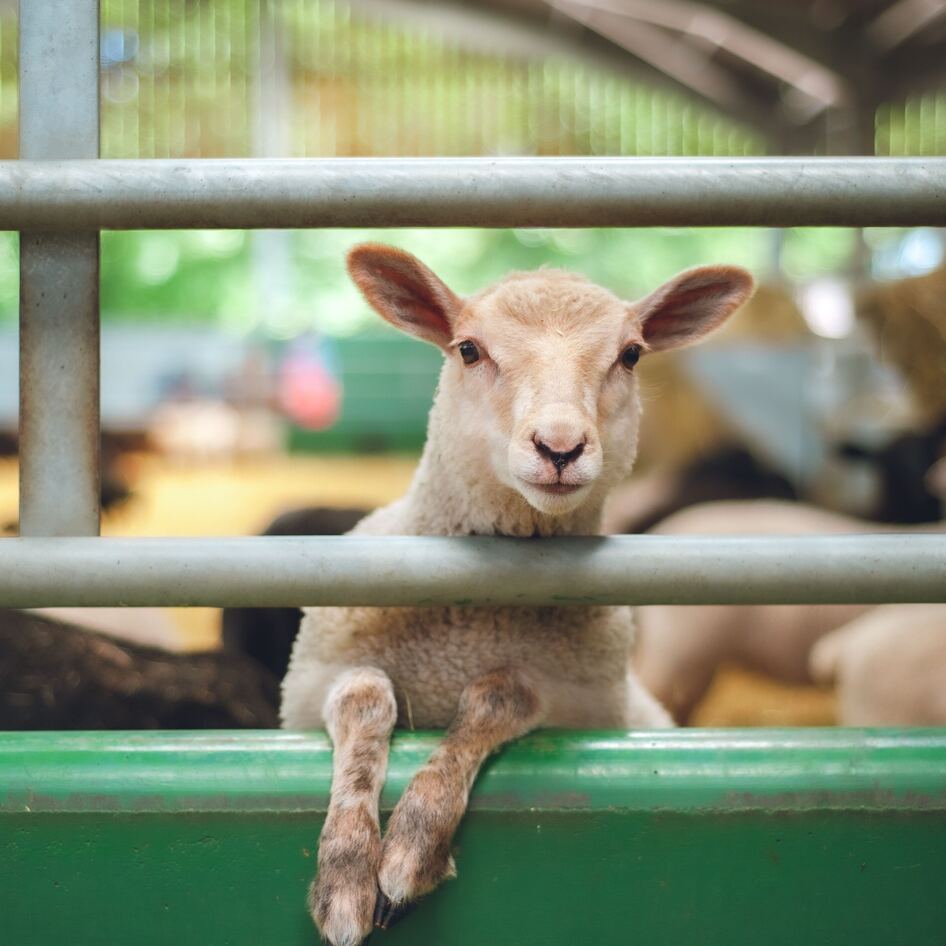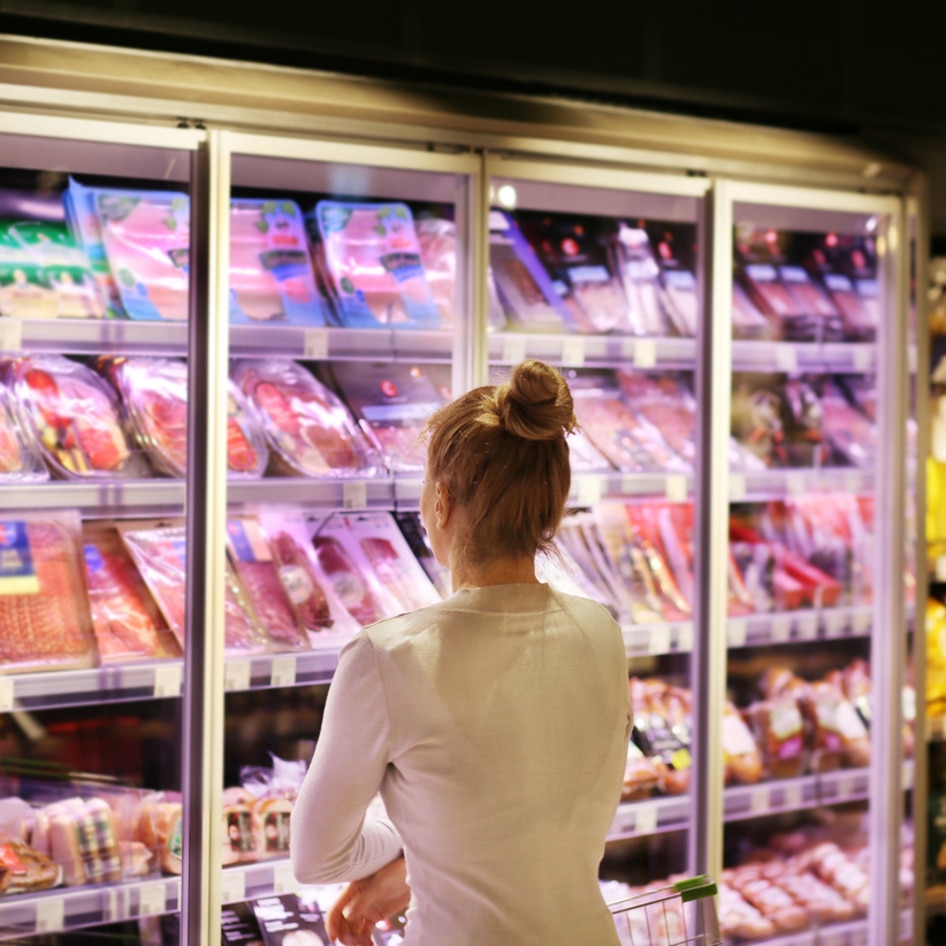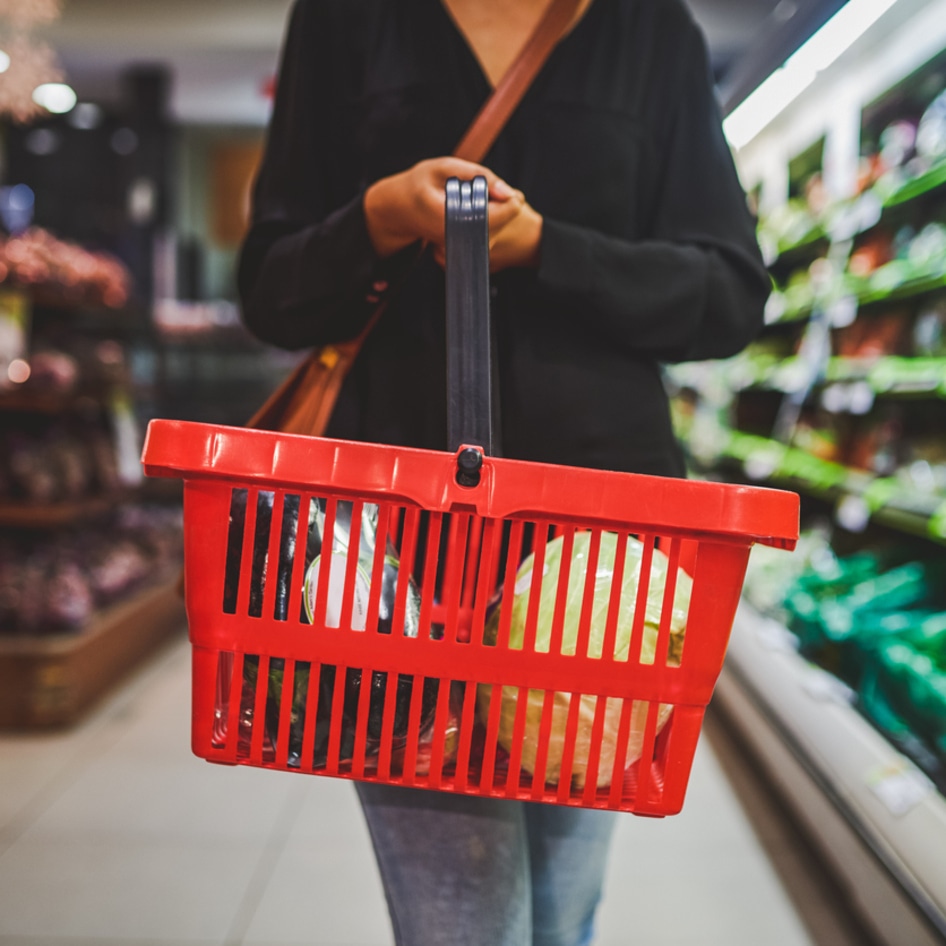Dallas, TX-based candy company Pecan Deluxe Candy recently reformulated its recipes to be vegan in an effort to avoid new British export regulations, which impose hefty taxes on animal products. To do this, the American wholesaler replaced the butter and eggs in its products with plant-based alternatives that don’t require the same European Union border checks.
Following Brexit, the new export regulations require exporters of animal-based foodstuff to submit veterinary certifications and other costly paperwork. And, depending on the interpretation of the rules, border control officials could also stop deliveries and have them returned and destroyed, further straining supply chains to customers in Europe.These have been issues that companies like Pecan Deluxe Candy have been dealing with.
 Unsplash
Unsplash
“One of the biggest issues that there has been is the implementation of border control checks,” Graham Kingston, managing director of the Pecan Deluxe Candy Europe, told AFP. “[They have been] stopping a lot of deliveries going through depending on interpretation of the rules, which has caused a number of issues with products being returned to us all having to be destroyed.”
Vegan products, on the other hand, are not subject to the same restrictions, making them cheaper and more efficient to transport.
Pecan Deluxe Candy is a family-owned manufacturer of candy products, including key ingredients for desserts such as toppings, baking inclusions, fudge, cookie dough, and popping candy with locations in the United Kingdom and Thailand. The company says the new regulations have cost them more than £100,000 (US $123,450), so its board of directors decided to remove animal products from their manufacturing facility in the United Kingdom to reduce these export costs for the European market.
 Canva
Canva
Now that the range of products are all vegan candy, the company says that the products are cheaper to produce and also tap into the current vegan movement. “A plant-based range has had some other benefits to offer, which are reduced pricing, and also hitting a number of trends that are in play at the moment, not least veganism,” Kingston said.
Making vegan ingredients more affordable
Although vegan products are often considered to be more expensive, the new British export rules have turned this stereotype on its head and may have other businesses reconsidering their use of animal products for the same reasons as Pecan Deluxe Candy.
With the growth of veganism, plant-based food companies have had the extra challenge of matching the price of their animal-based counterparts because, traditionally, animal agriculture has been heavily subsidized by the government, ultimately making these products more affordable.
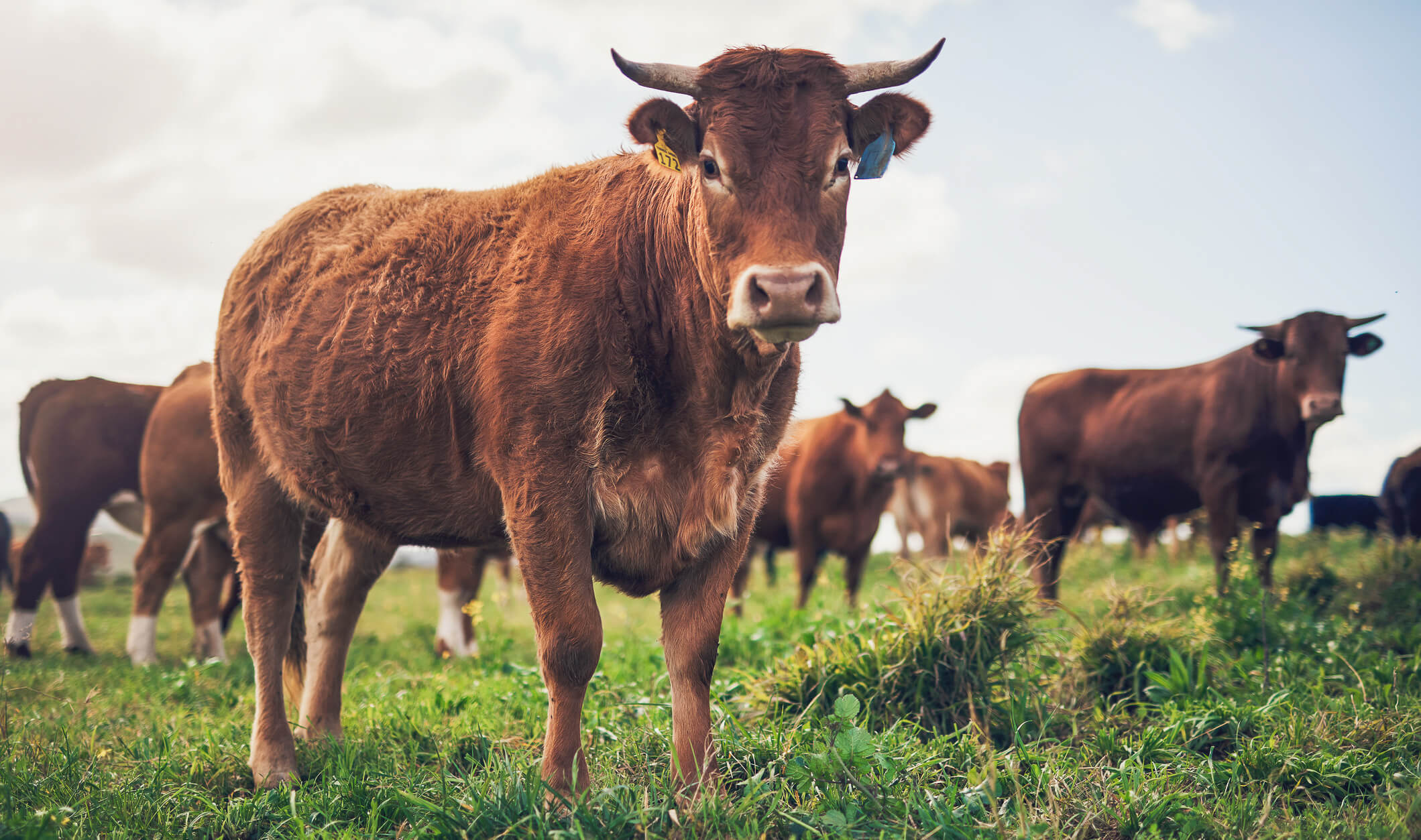 People Images
People Images
According to the Agriculture Fairness Alliance (AFA), in 2020 the United States government spent more than $50 billion on agricultural subsidies and bailouts, the majority of which favored the meat and dairy industries. AFA is a national advocacy organization pushing for policy changes that make sustainable plant-based foods accessible to all consumers at an affordable price. The answer, according to AFA, is to level the playing field.
AFA is currently lobbying for changes to the 2023 Farm Bill, which supports farmers with safety net, farm loan, conservation, and disaster assistance programs. One of AFA’s recommendations is to connect local plant-based farmers to local consumers by increasing subsidies, funding and/or programs for domestic plant-based crops, and to ensure plant growers get a fair share of programs that utilize the Commodity Credit Corporation and other monies when there are bailouts.
“Meat eaters eat fruits and veggies, too, and should agree with us that the food system needs to change. We should not be allowing our taxes to fund Global Ag to get richer and more powerful and to control our land and the repercussions of using up our resources,” AFA posted on social media. “This is one of our Farm Bill priorities and more … making sure that our taxes are used for Direct to Consumer fruits, veggies, and grains. Not livestock-grade crops. Our tax dollars need to prioritize consumers, not global ag investors.”
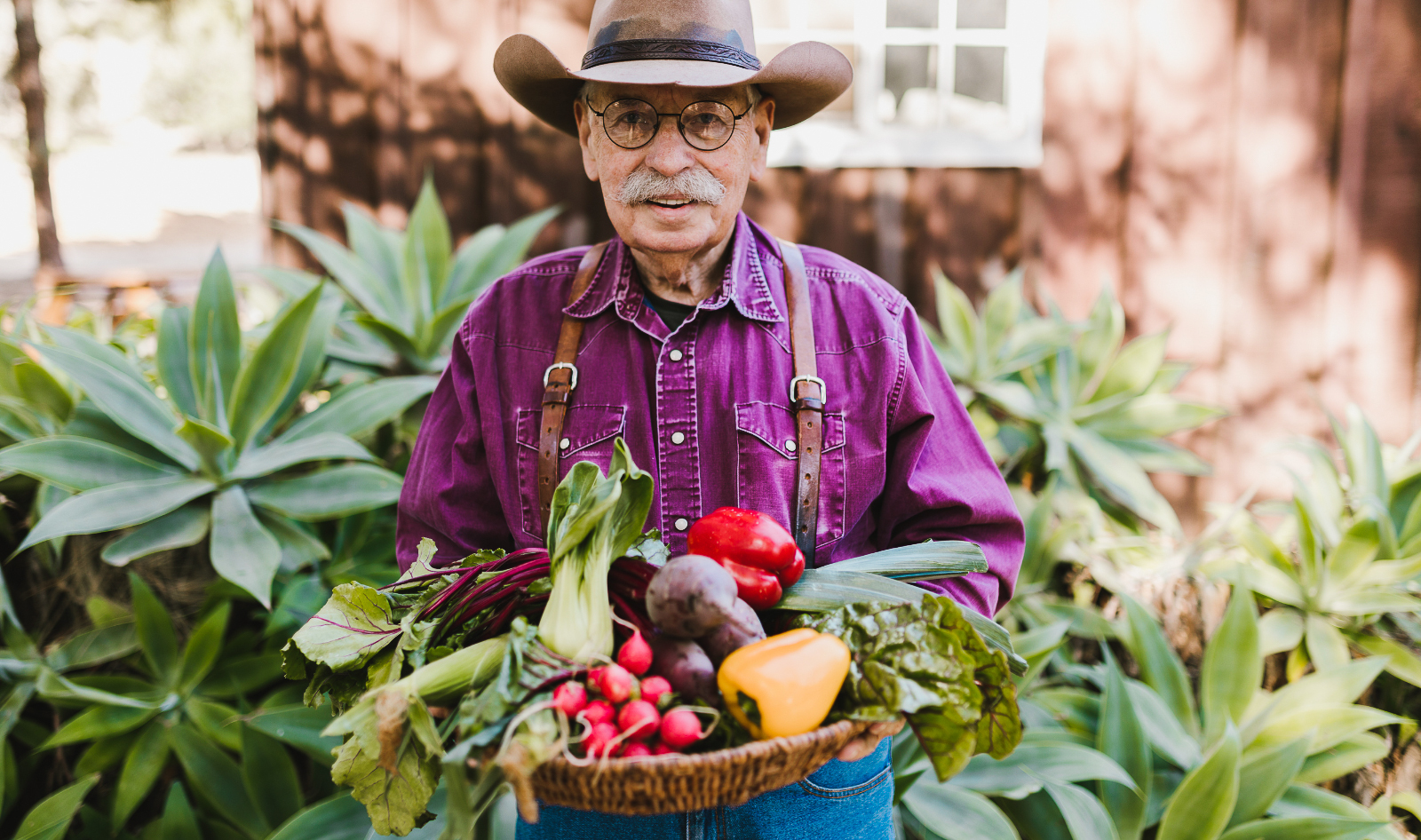
Canva
In 2020, AFA urged members of Congress to support legislation that would shift the US food supply away from factory farms and into more sustainable forms of agriculture. At the time, AFA met with Congress to discuss its At-Risk Farmers pilot program which would grant funds to nonprofits to assist animal farmers who want to transition to sustainable endeavors such as supplying the plant-based food market.
Amid the COVID-19 pandemic, the group pushed Congress to support the At-Risk Farmers Act as part of the next coronavirus relief package, along with other proposed legislation that aimed to dismantle Concentrated Feed Animal Feeding Operations (also known as factory farms)—which, according to the Environmental Protection Agency (EPA), account for 98 percent of the way meat is produced.
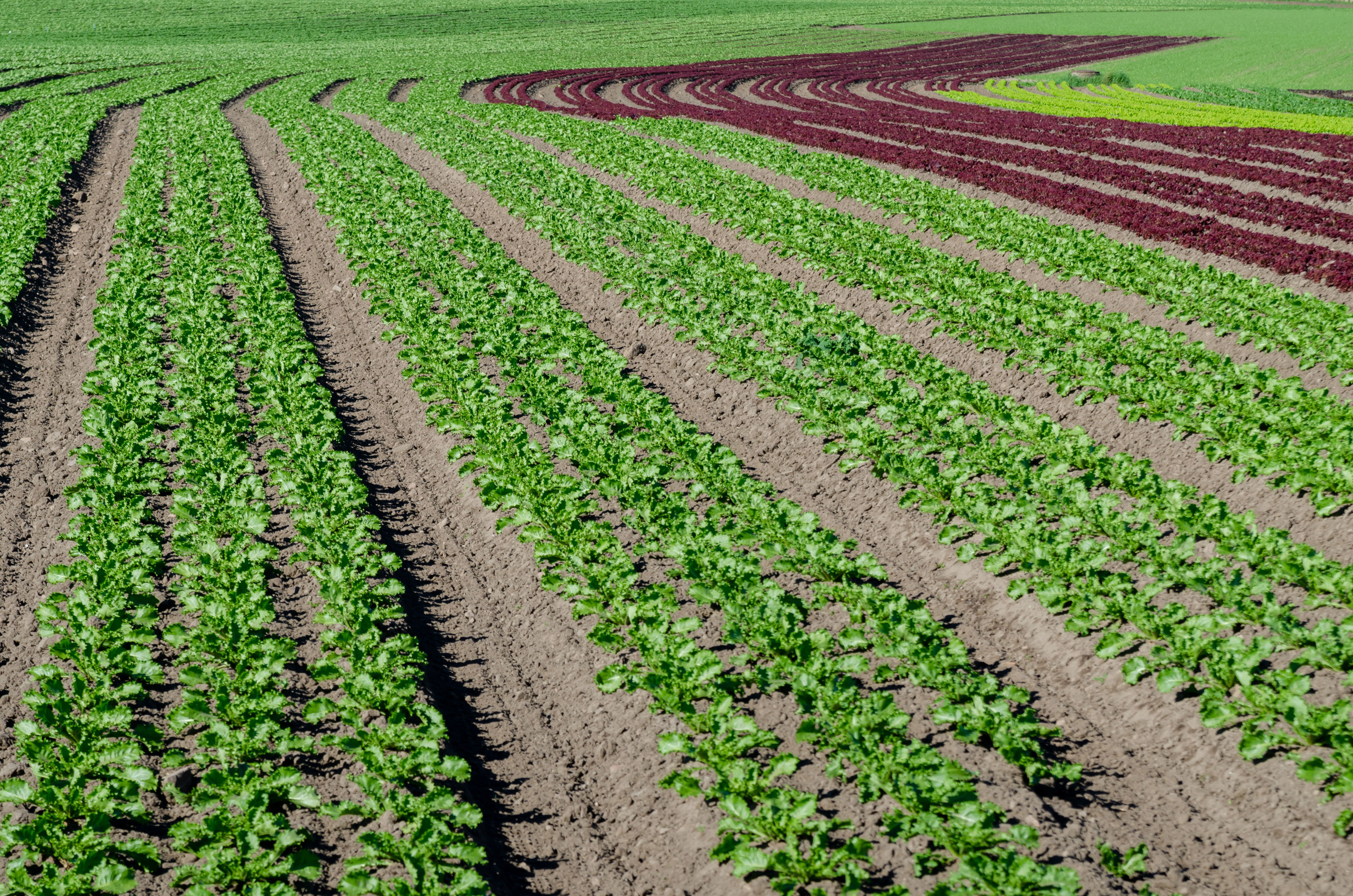
Pexels
“When we are taught our whole lives that the American dream means anyone can start a business and be successful so long as they offer a superior product, I never dreamed we’d be babysitting the livestock and dairy industries into imposing their own success,” AFA cofounder Connie Spence said at the time. “It’s time to let the American people decide [which] products are superior, to let our demand be felt, and to stop corporate farming interests from falsely representing American small farmers.”
For the latest vegan news, read:
JUMP TO ... Latest News | Recipes | Guides | Health | Shop






